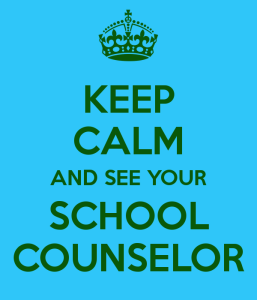Today I’ve been thinking about Friendships. Not only is it a focus at school, but it is a topic we all can relate to no matter our age. Our children are just learning how to be good friends and often need the guidance of their parents. So what can parents do to support their children with friendships?
Social Issues: What Can Parents Do?
While you can’t live your child’s social life for her, there are some things you can do to help.
- Trust the power of friendship. Most kids figure out how to handle their close friendships and circles of friends quite well. Most will get through some rejection and even betrayals without long-term scars, particularly when they have parents who are good listeners, but not fixers.

- Meet the parents of your child’s friends. Whether you have preschoolers or high schoolers, get to know the parents of your children’s friends.
- Have reasonable expectations about your child’s social skills. Children develop the ability to become more mutual, reciprocal and empathic over time. Most two-year-olds will not share easily. Many preschoolers (and school age kids) don’t play well in groups, but do well in pairs. Most kids will be rejected by a few kids and be the rejecter.
- Value friendships over popularity. You cannot make your child become a popular kid. But you can make sure your child has friends by inviting them over. Focusing on healthy friendships is much more important then being with the “Cool kids”“
- Interview for coping, instead of pain. When children experience social rejection, we often experience it with them. But it doesn’t help when you dwell on it by asking excessive questions, or trying to figure it out for them. Instead of “interviewing for pain,” ask what they’ve done to solve the situation, compliment their efforts, and let your child know you are there. Keep in mind that best friends will get along, fight bitterly, and make up faster than adults. They are simply more flexible and resilient.
Ask your child empowering questions. Encourage your child to solve social problems himself by asking instead of telling him what to do
- Only help when your child truly needs or asks for help. When this happens, you might simply ask “What would you like me to do to help?” Try to help your child figure out his own solution. If your child has trouble verbalizing his feelings, you might help by putting words to them, like “You seem like you feel left out” without imposing your feelings on the situation.
- Dissect the power struggles. If your child gets teased, bullied, or rejected, try to help your child find perspective on the behavior. Instead of saying, “That kid is so mean,” or getting into the details of who did what, you might say, “How does this person get so much power?” or “What gives her the power to do that?” In this way you are naming the behavior, raising awareness of it, and helping your child disengage from the struggle.”

- Consider both sides of a story. As much as you love and trust your child, you should listen to both versions of a conflict if it’s one that needs your intervention or assessment.
- Separate your childhood from your child’s. Your child’s social life is not likely to be the same as yours. “We often use our own experiences as children as a vehicle to understand our child’s social interactions,” notes Diane Levin, Ph.D., author of “Remote Control Childhood.” “This doesn’t take into account the fact that our children’s experiences can often be very different than our own. So try to think about what the social relationships mean from your child’s point of view.”
- Talk with a professional. If a school conflict is really big, encourage your child to talk with the school counselor about it. And talk with the school or a professional yourself.

- Figure out if your child is at risk. If you have a child who is an extreme loner, a bully or someone who gets frequently bullied, you should talk to your child’s teacher and a School Counselor. Describe what you observe, find out what they see, and get some advice on how to help. Ask the teacher to be direct if she perceives there is a problem. If this is a group teasing issue, ask the school about group actions. If warranted, consider some therapy for your child and yourself.
This article is adapted from: www.PBS.org/Parent
Leave a Comment